We kindly inform you that, as long as the subject affiliation of our 300.000+ articles is in progress, you might get unsufficient or no results on your third level or second level search. In this case, please broaden your search criteria.
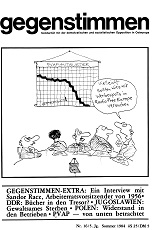
Review of: Olaf Leitner: Rockszene DDR. Aspekte einer Massenkultur im Sozialismus. Hamburg 1983. Rororo 7646, 509 Seiten, öS 150.50/DM 19.80 Ossip Mandelstam: Die Reise nach Armenien. Bibliothek Suhrkamp, Frankfurt 1983,138 Seiten Edward Topol & Fridrikh Neznansky: Red Square. Corgi Books, London 1983,413 Seiten, £1.95 Alexander Nemow: Geschäfte in Baku. Scherz Verlag, Bern und München 1983, 288 Seiten, öS 232.40/DM 29.80 Sowjetunion 1982/83: Ereignisse, Probleme, Perspektiven. Hg. vom Bundesinstitut für ostwissenschaftliche und internationale Studien. Hanser Verlag, München-Wien 1983, 366 Seiten Hans-G. Wehlin (Hg.): DDR. Verlag Kohlhammer TB 1064, Stuttgart 1983, 239 Seiten, öS 156.-/DM 20.- Rudolf Ströbinger: Der Mord am Generalsekretär. Stalins letzter Schauprozeß — Das Tribunal mit Rudolf Slansky in Prag. Burg Verlag, Stuttgart-Bonn 1983, 144 Seiten Iring Fetscher: Der Marxismus. Seine Geschichte in Dokumenten. Philosophie, Ideologie, Ökonomie, Soziologie, Politik. R. Piper & Co Verlag, München 1962, 1983. 960 Seiten, öS 193.40/DM 24.80 Jerzy Holzer: »Solidarność« 1980- 1981, Geneza i Historia. Herausgegeben von: Institut Literacki, Paris 1984, 357 Seiten, öS 275.- Wolfgang Seiffert: Kann der Ostblock überleben? Der Comecon und die Krise des sozialistischen Wirtschaftssystems. Gustav Lübbe Verlag, Bergisch Gladbach 1983, 254 Seiten
More...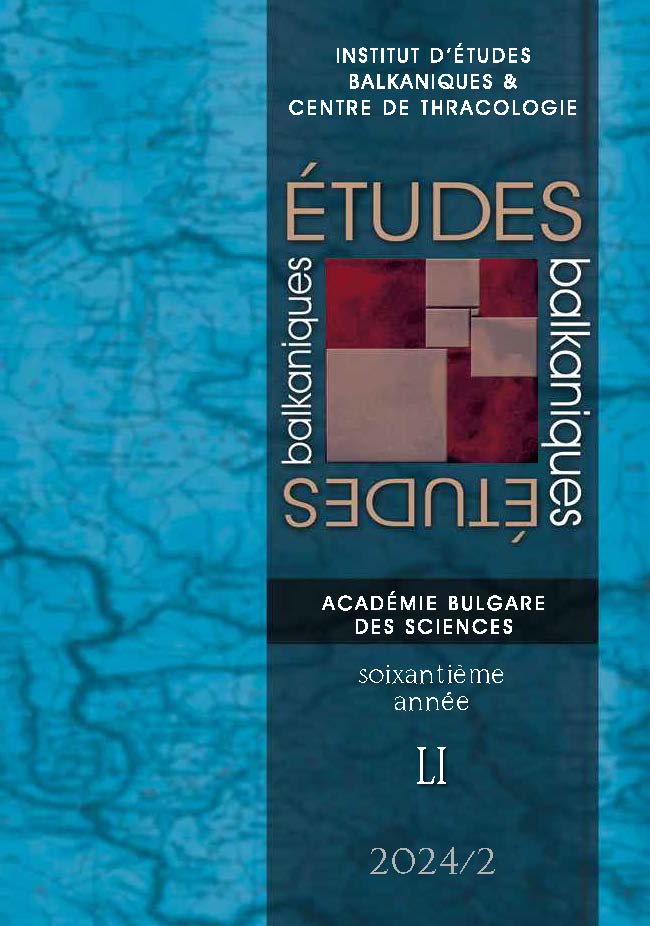
Articles and studies on medieval subjects featured prominently in the pages of Études balkaniques between 2014 and 2023. Conventionally they are divided into two larger groups, according to their focus on issues related to Byzantine and Bulgarian history. This overview begins with an outline of the studies relevant to the development of medieval Bulgaria. This category comprises the works of medievalists such as Vassilka Tăpkova-Zaїmova, Penka Danova, Sashka Georgieva, etc. Elena Kostova’s article on the possessions of the Athonite monasteries in the present-day Bulgarian town of Melnik also belongs to this set of themes as it throws a natural bridge to the extensive thematic range of Byzantine studies. Among the examined studies in this field are papers dedicated to the graffiti in the Constantinople Cathedral of Hagia Sophia, Byzantium’s ties to Southern Italy and Egypt, silk production, the empire’s political relations with its neighbours such as the community of the Cumans and other themes from the history of what came to be known as the “Byzantine cultural circle”, whose geographical reach extended up to the Caucasus and Russia. The overview ends with a discussion of two articles by Theodor Dimitrov, which examine the plague epidemics in Byzantium.
More...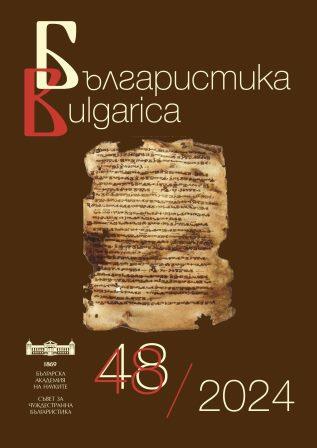



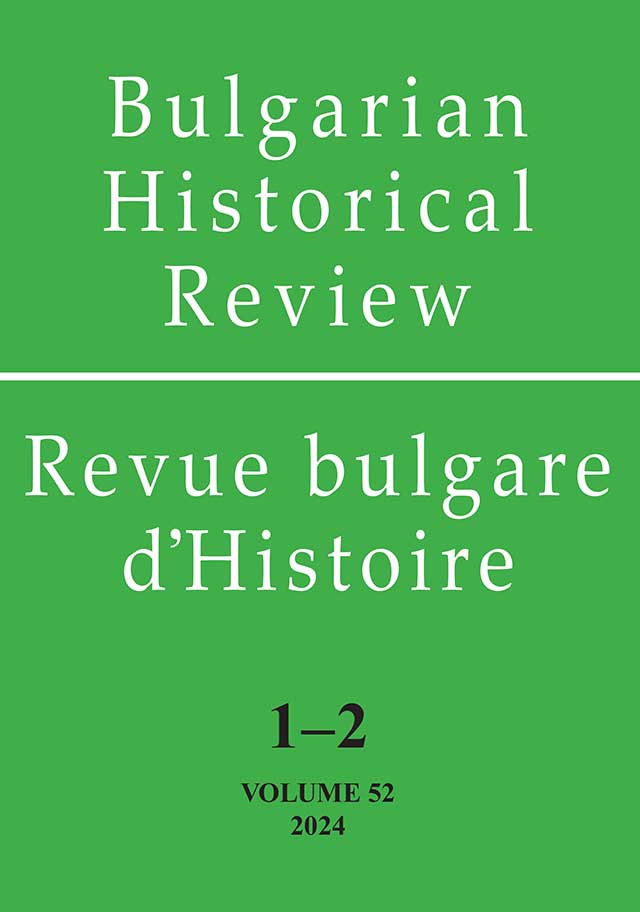
On the basis of extensive research in the State Archives of Montenegro in Cetinje (SAM) within the fund of the Ministry of Internal Affairs of the Principality of Montenegro for the period from 1880 to 1896, as well as relevant literature, we analyzed the situation in Nikšić. Nikšić with its surroundings was one of the largest regions that was annexed to Montenegro after international recognition at the Berlin Congress in 1878. We must emphasize that archival documents with these details were used for the first time in this paper. Documents of similar or the same provenance make an integral part of some monographs used in this paper, but not in this issue and with this much detail. They are about agrarian reform and the distribution of land to the families of Montenegrin soldiers. However, there is hardly no mention that the land was illegally taken from its legal owners, thus violating the provisions of the Berlin Congress of 1878. It is a well-established opinion of readers, including some historians, that Prince Nikola I Petrović Njegoš and the Montenegrin government did everything to comply with the decisions of the Berlin Congress in 1878, which recognized Montenegro internationally. However, the truth is completely different. Muslims who were in conflicts with the Principality of Montenegro for centuries had become its subjects. The best areas of land in the newly liberated regions belonged to them. Contrary to the decisions from Berlin, the Montenegrin authorities did everything to prevent the return of the refugee owners to their property. A huge number of families of Montenegrin warriors who fought against the Ottomans for centuries settled large areas of abandoned land. Cetinje’s secret policy was to prevent the owners from returning through bureaucratic pressure and delay of the process. We found that in relation to the opinion about the correct attitude of the Montenegrin authorities towards Muslims - subjects of the Ottoman Empire, who were almost entirely the population of the Nikšić region, the reality was quite different. Montenegrin authorities have been working for years to evict the Muslim population and appropriate their goods and real estate. Despite the provisions of the Congress of Berlin, which guaranteed all rights to Muslims, the Montenegrin government systematically carried out this intention to the end.
More...
The migration of Bulgarians from Macedonia to the territory of free Bulgaria represents a long and multifaceted process with significant political, demographic and sociocultural implications for the new Bulgarian history. This study provides an overview of the foundational stage of this process spanning from the Liberation in 1878 to The Balkan Wars of 1912–1913. Its internal periodization is determined by the various phases of the Macedonian question, characterized by uprisings, wars and diplomatic endeavors. Throughout this period, migration from Macedonia extended beyond refugees and their settlement, encompassing temporary stays and repeated permanent movements back and forth for economic and other reasons. In many respects and instances, these movements were regulated, restricted and even effectively reversed through the efforts of the Bulgarian state, which prioritized preventing mass emigration from Macedonia in order to avoid the de-Bulgarianization of the region. However, this dynamic shifted dramatically with the Balkan Wars and the First World War, after which the migration of Macedonian Bulgarians became unstoppable, predominantly refugee-driven (or at least forced) and irreversible. In perspective, a very significant part of the modern Bulgarian nation turned out to be Macedonian-Bulgarian in its geographical origin, genealogy and collective memory.
More...

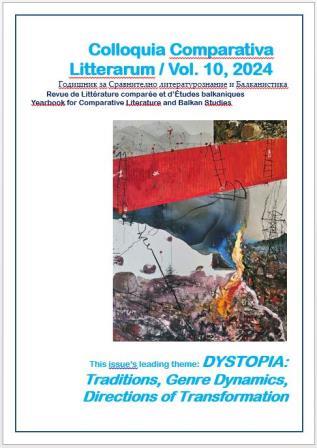
Book review: Impact et réception de la culture française dans les Balkans (XIXe – XXe siècles). Textes réunis par Raïa Zaïmova. Académie bulgare des sciences – Institut d’études balkaniques & Centre de thracologie, 2023, ISBN : 978-619-7179-39-2 [Френската култура на Балканите (XIX – XX в.) – Взаимовръзки и рецепция. Съставител Рая Заимова. / French Culture in the Balkans (19th – 20th Centuries) – Relationships and Reception. Ed. : Raïa Zaïmova.
More...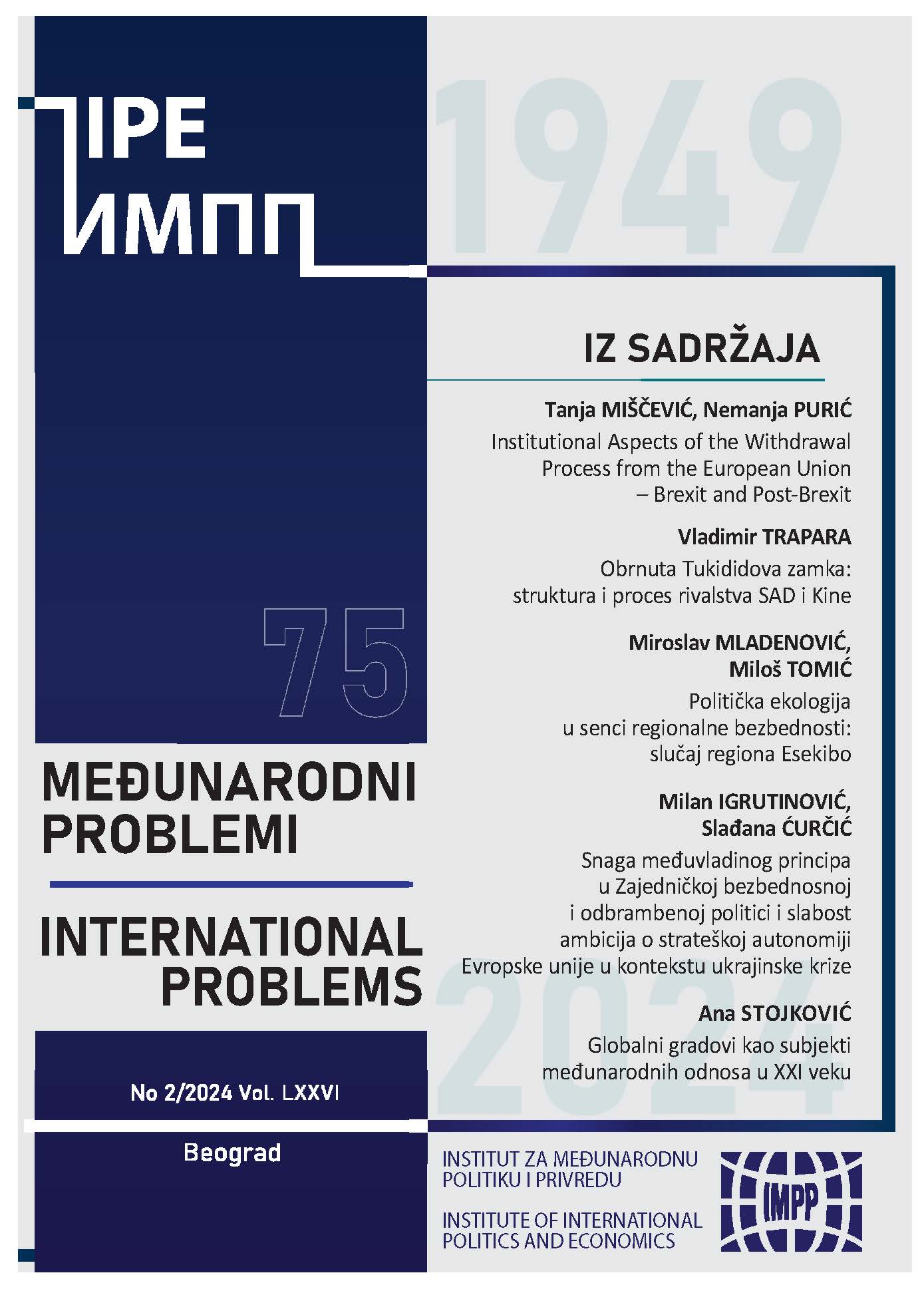
The monograph Serbia by Marko Nikolić, Vladimir Davidović, Darko Tanasković, and Mileta Radojević is part of the series International Encyclopaedia of Laws: Religion, published by Kluwer Law International in 2022. The international academic public is granted a comprehensive study oft he legal, political, and societal status of religion and religious communities in Serbia. The authors are or were eminent scholarsin the fields ofr eligion, law, and economy. Dr. Marko Nikolić is the Assistant Director of the Administration for Cooperation with Churches and Religious Communities of the Ministry of Justice. The late Dr. Mileta Radojević was the Director of the Office for Cooperation with Churches and Religious Communities of the Government ofthe Republic of Serbia in 2012–2014. Prof. Dr. Darko Tanasković is the most prominent Serbian oriental philologist, a former professor of the Faculty of Philology (University of Belgrade), the former ambassador to Turkey and Azerbaijan, the Holy See, the Knights of Malta, and the former permanent representative of the Republic of Serbia to UNESCO in Paris. The late Dr. Vladimir Davidović was a Serbian jurist and Assistant Minister of Justice in Serbia.
More...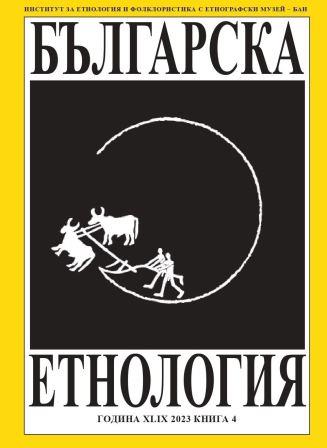
The article is dedicated to the resettlement of Bulgarians from Southern Bessarabia and Northwestern Bulgaria to Northern Azov (Northern Tavria) in 1861–1862 as an integral part of a broad multinational and multi-vector migration process in this region. The place of the Bulgarian element in the context of this complex migration process is outlined. A conclusion is made that as a result of this migration process a separate group of the Bulgarian Diaspora was formed – the so-called “Taurid Bulgarians”
More...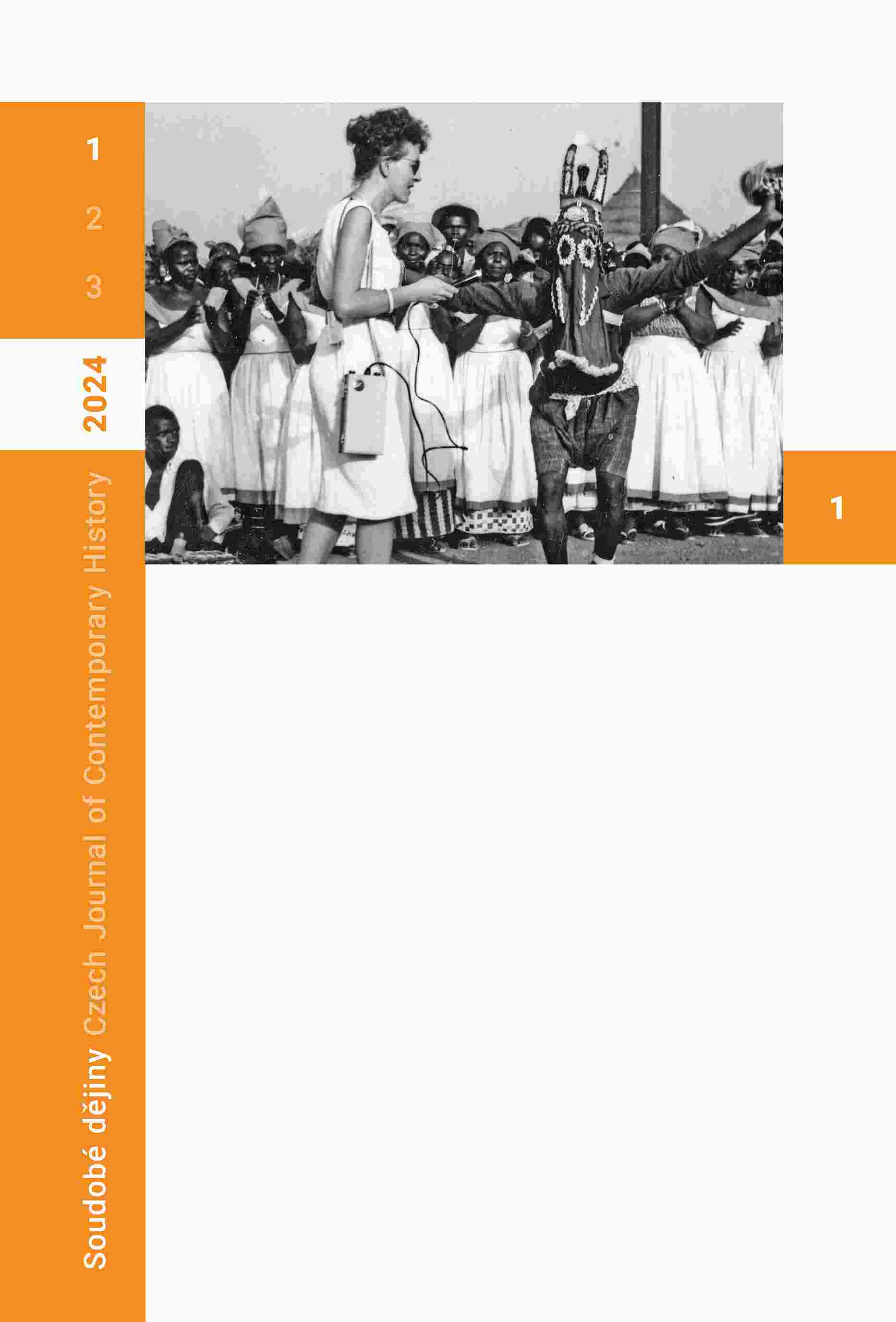
This text is directly related to Jan Adamec’s essay "Dcera, historička, „špionka” Sheila Fitzpatricková: Nad vzpomínkami „jiné” revizionistky" [Daughter, Historian, “Spy” Sheila Fitzpatrick: On the Memoirs of an “Other” Revisionist] published in this journal in 2023 (Vol. 30, No. 1, pp. 137–166). In this sequel, the author shifts away from recounting the life of Australian historian Sheila Fitzpatrick (born 1941), to focus on her scholarly work from the early 1970s, when she gradually became firmly established in the American academic milieu as a respected expert on the interwar history of the Soviet Union and Stalinism. Adamec guides the reader through a chronology of her numerous works, with an emphasis on the seminal monographs, from her published dissertation, "The Commissariat of Enlightenment" (1970), and her most famous work, "Everyday Stalinism: Ordinary Life in Extraordinary Times" (1999), to her to date most recent book, "The Shortest History of the Soviet Union" (2022), and presents the central themes and most important findings of her research. At the same time, he traces Fitzpatrick’s position in the dynamic context of Soviet studies and scholarship on Stalinism, demonstrates her growing influence on younger generations of historians, and notes the scholarly reviews of her work. He pays particular attention to her pioneering role in constituting and promoting revisionist perspectives in the Western historiography of the Soviet Union in the 1970s and 1980s, when, despite initial scepticism or rejection, they became part of the academic mainstream. He seeks to capture her unorthodox position as an “other”, “moderate” revisionist who, while primarily focusing on the everyday and social history of Soviet society, did not underestimate the essential importance of power hierarchies and authoritarian politics emanating from the centre. Thus, in the disputes between revisionism and totalitarianism, Fitzpatrick often takes less clear-cut positions than most adherents of the former. In the last part of the text, the author traces the reception of Fitzpatrick’s work in Czech historiography since the early 1990s, a breakthrough brought about by the Czech translations of the edited volumes "Beyond the Totalitarianism" (published in 2012) and "Everyday Stalinism" (in 2018) and shows that in recent years the Australian historian has become a relatively widely quoted authority in the Czech scholarly milieu, mostly accepted by revisionist critics and also used as a shield in local polemics about the nature of Czechoslovak normalization.
More...
BEZDÍČEK, Viktor: Hledání světla: Portrét skladatele Zdeňka Šestáka. Praha, Nakladatelství Akademie múzických umění v Praze 2022, 552 s., ISBN 978-80-7331-615-0; BRÝDL, Miroslav – BOŠTÍK, Martin: Nezouvat, prosím! Vyprávění emeritního litomyšlského starosty Miroslava Brýdla o jeho životě a moderní architektuře. Litomyšl, Regionální muzeum v Litomyšli 2022, 302 s., ISBN 978-80-88464-02-0; FIDLER, Jiří: To ví přece každý: Zažité interpretace československých dějin. Praha, Fortuna Libri 2022, 272 s., ISBN 978-80-7546-433-0; FRIEDL, Jiří: Domů, a za svobodou: Role Československa v migracích obyvatel Polska v letech 1945–1948. (Edice 1938–1953.) Praha, Academia – Historický ústav AV ČR, v. v. i., 2020, 463 s., ISBN 978-80-200-3110-3 a 978-80-7286-353-2; HRUBÝ, Karel: Věřil jsem v budoucnost. Ed. Petr Zídek. Praha, Torst 2022, 316 stran, ISBN 978-80-7215-692-4; NAYA ORTEGA, Ramón – PRADES ARTIGAS, M. Lourdes: Hablamos diferentes idiomas, pero una misma lengua: Multilingüismo y pedagogías en las Brigadas Internacionales. Cádiz, Universidad de Cádiz 2023, 215 s., ISBN 978-84-9828-861-2.
More...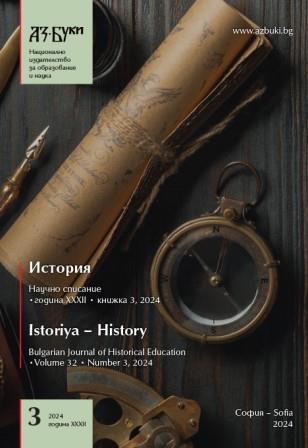
The article examines the polemical anti-Latin writings “The Tale of how Rome fell away from the Orthodox Greek faith” (according to manuscript TSIAI 1161) and “Word of how Rome fell” (according to manuscript SANU 147) in the context of the theme of apocalyptic prophecies and the expectation of severe, but God’s just punishment for sins committed. A study of these short but message-laden late medieval texts reveals not only the perception of the conflict between East and West among ordinary people, but also the fear of catastrophic consequences for the world as a result of the violation of church tradition. The change of custom also implies an intervention in the plan of the Creator and changes in the physically visible and spiritual world.
More...
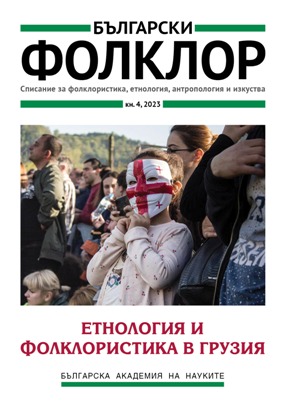
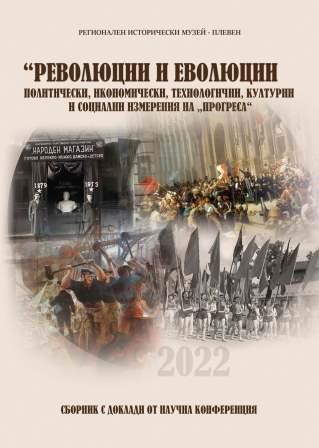
The report’s thesis illustrates how science fiction represents changing in British society’s hierarchy and popular feminine and masculine role’s in it in late 1950s and early 1960s. Two British films from the highest point of genre, between 1953 and 1963, are examined, because of their inner messages. The main methods of working are comparison and analysis. The concrete tasks are researching “Village of the Damned” from 1960 and “The Day Earth Caught Fire” from 1961 and to show how they represent new role of Britain in Cold war context.
More...